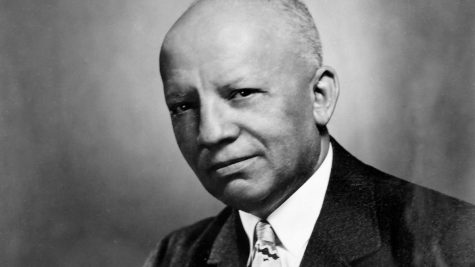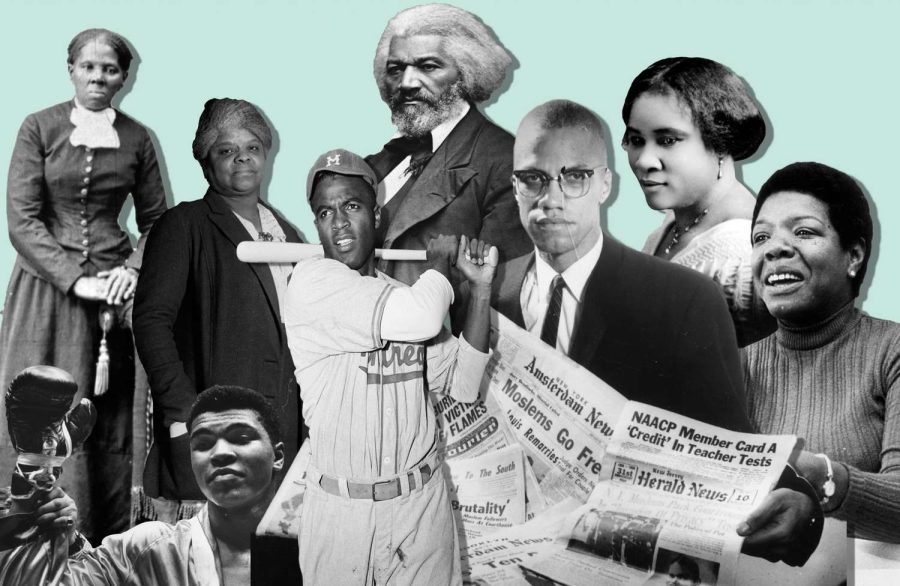Opinion: Time to expand Black History Month
Black History Month starts February 1. Here’s some history about this important month and why one month may not be enough.
Getty Images | Jillian Sellers
Black History Month celebrates the achievements of Black individuals throughout American history. Is one month really enough?
The first Black History Month began on February 1, 1986 to commemorate those who laid their lives on the line to show us the path we should follow. It’s to honor, celebrate and respect our fallen leaders, both the famous (think: Martin Luther King, Maya Angelou, Jackie Robinson, Malcolm X), and the more overlooked (Marcia P. Johnson, Gordon Parks, Fred Hampton).
What does this month mean for those who go to Colton High, where 94% of the student body is Hispanic, and only 2% Black?
I asked a Black student that attends CHS, “How do you feel about BHM at CHS? What is your take on it?”
“I don’t think there’s an actual celebration on BHM,” he said. “I don’t feel it gets the actual attention it needs and deserves.”
We all have questions about Black History Month.
What’s the story behind it?
Who created it?
Why February?
That’s why I’m here. Here’s some basics:

This is Carter G. Woodson, the man behind BHM. He was put on this earth to teach about Black history and to educate people about it.
Now, you’re probably wondering who this man is. Well let me tell you: Woodson started high school at the age of 20, and became the second person Black person to graduate from Harvard.
Woodson chose February for the celebration of BHM because two great Americans’ birthdays are in February: Abraham Lincoln and Fredrick Douglass, both of whom played huge roles in shaping Black history.
One thing many people don’t know is that BHM started off as Negro History Week. Woodson launched this event on February 7, 1926 as a way to raise public consciousness about the historical achievements of Black men and women.
The idea took hold quickly. According to professor Daryl Michael Scott of Howard University, “Black history clubs sprang up, teachers demanded materials to instruct their pupils, and progressive whites stepped forward and endorsed the efforts.”
While the idea of BHM is a great way to remind us of the contributions of great individuals, it should only be the start. The Black community feels Black history should be taught throughout the year because it is also American history. It shouldn’t be only taught because of one single month and not taught after that month. Just because Carter G. Woodson created Black History Month doesn’t mean that should be all.
Black history needs to be taught throughout the year because it is American history that schools all over the world should know about. Our school should implement black history into our world history classes so people can get a fuller understanding about Black history.
Recently, the CHS Publications Department experienced a major theft as over $20,000 in photography equipment was stolen from our studio over Spring Break. This included all cameras. Any amount you donate will help rebuild our program. Thank you!

Courtney Wright is a junior at Colton High School. This is her third year writing for the Pepper Bough.




